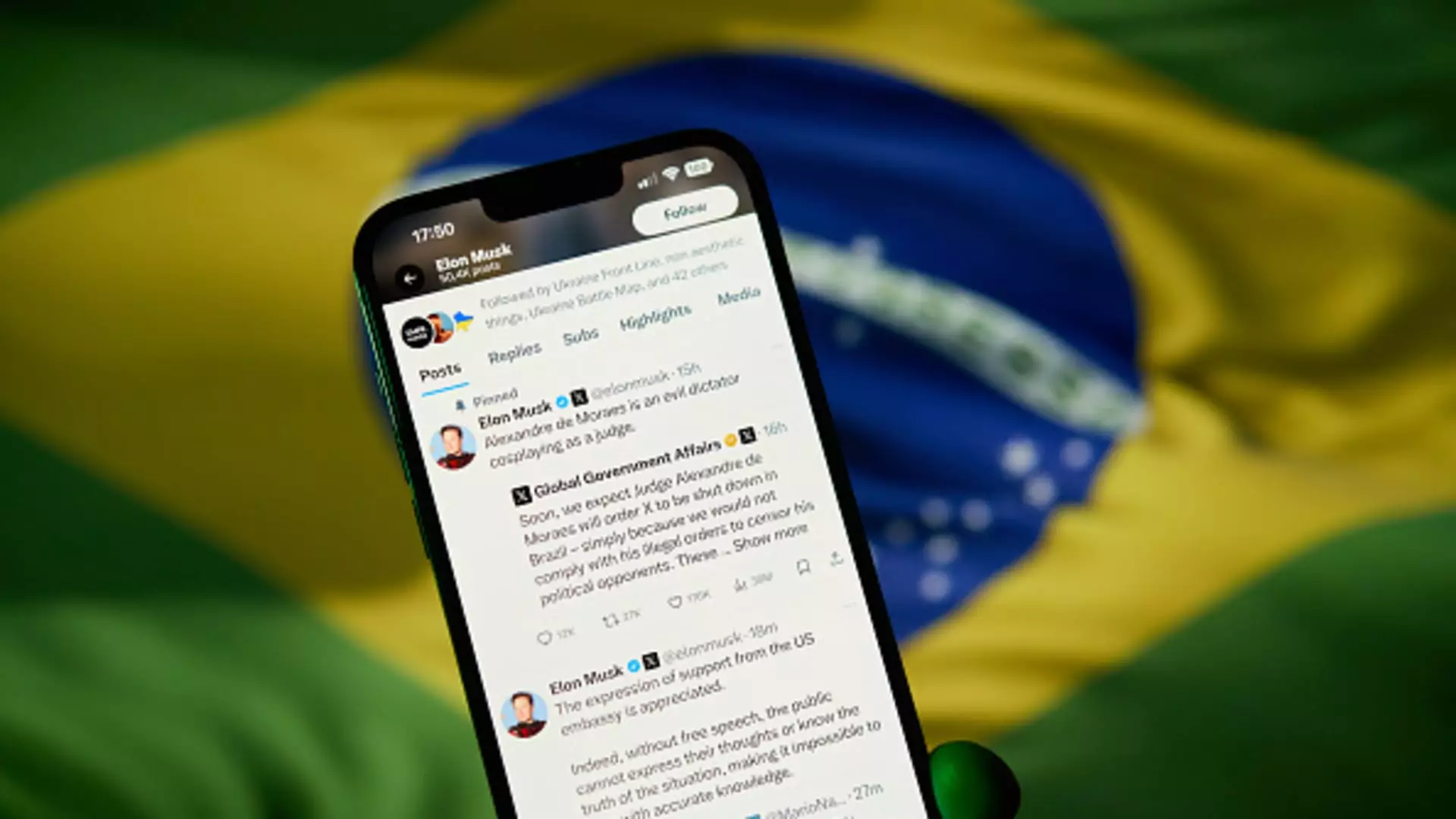Recently, a panel of Brazil’s federal supreme court justices unanimously upheld orders suspending the use of Elon Musk’s social network X nationwide. This decision came after the court issued suspension orders due to alleged violations of Brazil’s laws on political misinformation and hate speech online. The orders included fines for individuals or businesses engaging in “subterfuge,” such as using VPNs to access X while it is blocked.
Elon Musk and his companies have vehemently opposed the court’s actions, calling them “illegal” and lacking due process. Musk has escalated his rhetoric over the Labor Day weekend in the U.S., even going as far as calling for an end to U.S. foreign aid to Brazil in response to the court’s decision.
Current Status
As a result of the suspension orders, X is mostly inaccessible to users in Brazil, a country with a highly online population. Brazil’s telecoms regulator, Anatel, instructed internet service providers to block access to X until it complies with the court orders. Despite this, Starlink, the satellite internet service led by Musk, has refused to comply and now faces the possibility of having its operating licenses revoked in Brazil.
Public Perception
The Associated Press reported that the blocking of X in Brazil has divided users and politicians over the legitimacy of the ban. Many Brazilians have expressed difficulty and doubts over navigating other social media platforms in the absence of X. However, some users have started moving to alternative social networks, such as Bluesky, which has seen increased activity from Brazilian users.
Elon Musk has positioned himself as a proponent of free speech, but his actions have been inconsistent. While he has resisted orders to remove content in Brazil and Australia, X has removed content critical of ruling parties in Turkey and India under his management.
The controversy surrounding the ban of X in Brazil highlights the complex intersection of technology, free speech, and regulatory oversight. The ongoing legal battle between Elon Musk’s social network and Brazil’s federal supreme court raises important questions about the power of tech companies and the limits of free expression online. As the situation continues to develop, it remains to be seen how both parties will navigate this contentious issue and what implications it may have for the future of internet regulation in Brazil.

